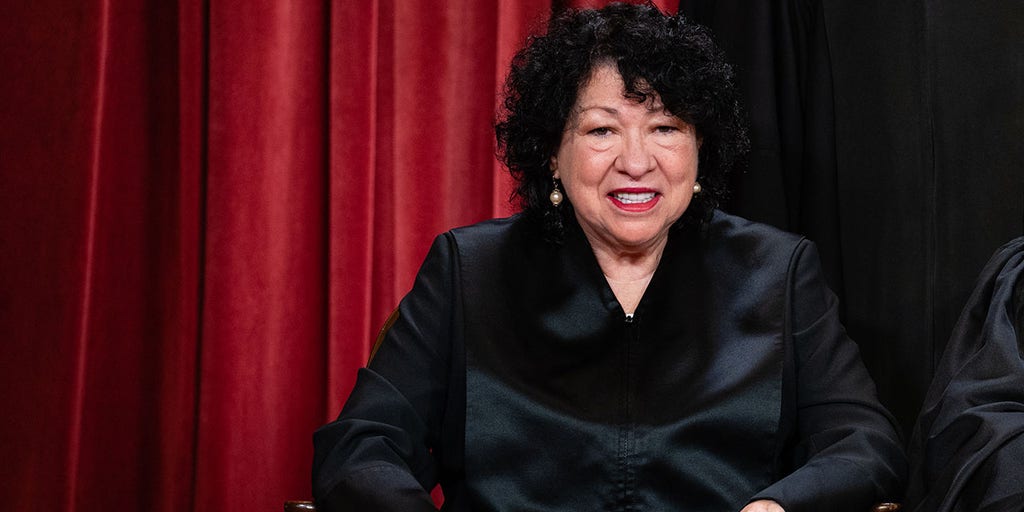Supreme Court Showdown: Liberal Justices Challenge Faith-Based School Funding

In a pivotal legal showdown that could reshape the landscape of education and religious freedom, the Supreme Court is poised to examine a groundbreaking case involving a faith-based charter school's eligibility for state funding. This landmark hearing represents a critical intersection of constitutional principles, educational innovation, and religious liberty.
The case challenges traditional boundaries between church and state, asking whether religious institutions can participate in public education funding without compromising the constitutional separation of church and state. At the heart of the debate is a fundamental question: Can a faith-based charter school receive government funds while maintaining its religious identity?
Legal experts and education advocates are watching closely, as the Court's decision could have far-reaching implications for school choice programs across the United States. The ruling has the potential to significantly expand opportunities for religious schools to access public funding, potentially transforming the educational ecosystem.
This high-stakes legal battle goes beyond mere financial considerations, striking at the core of how Americans understand religious freedom, public education, and the delicate balance between government support and religious independence. The Supreme Court's eventual decision is expected to set a crucial precedent for future interactions between religious institutions and public educational funding.
